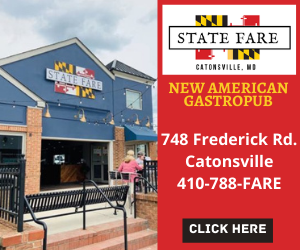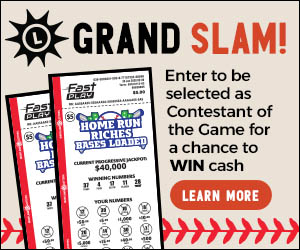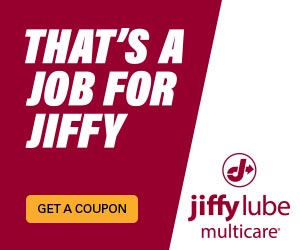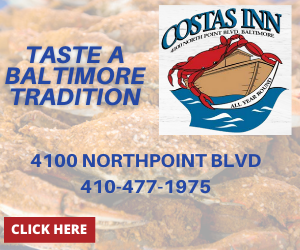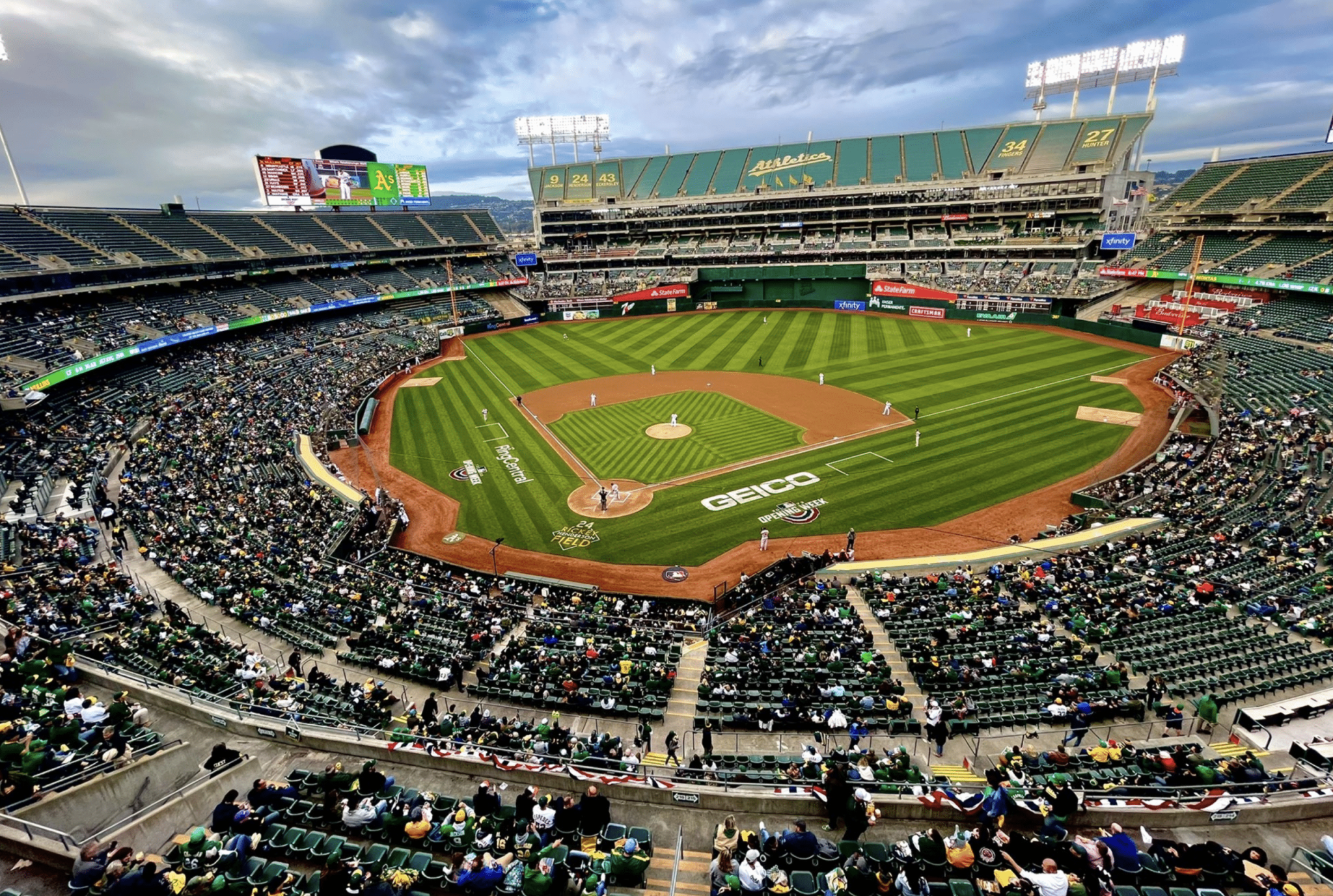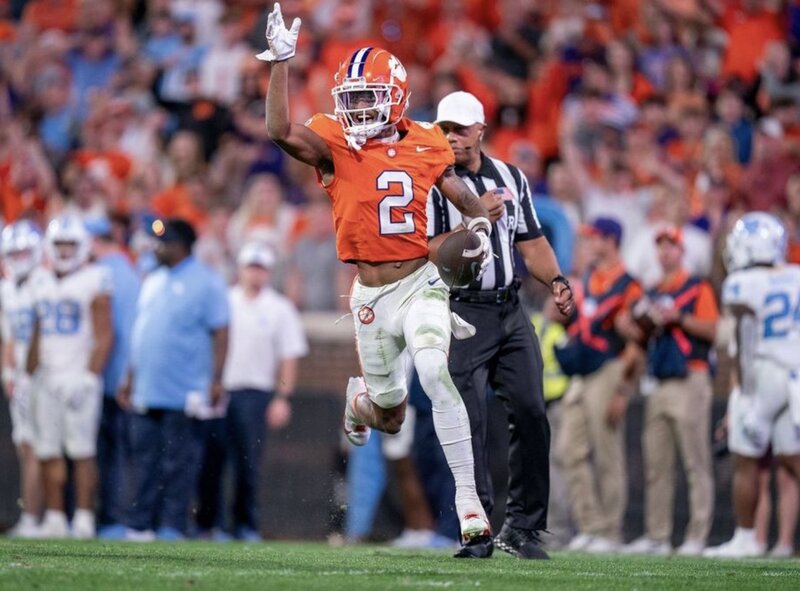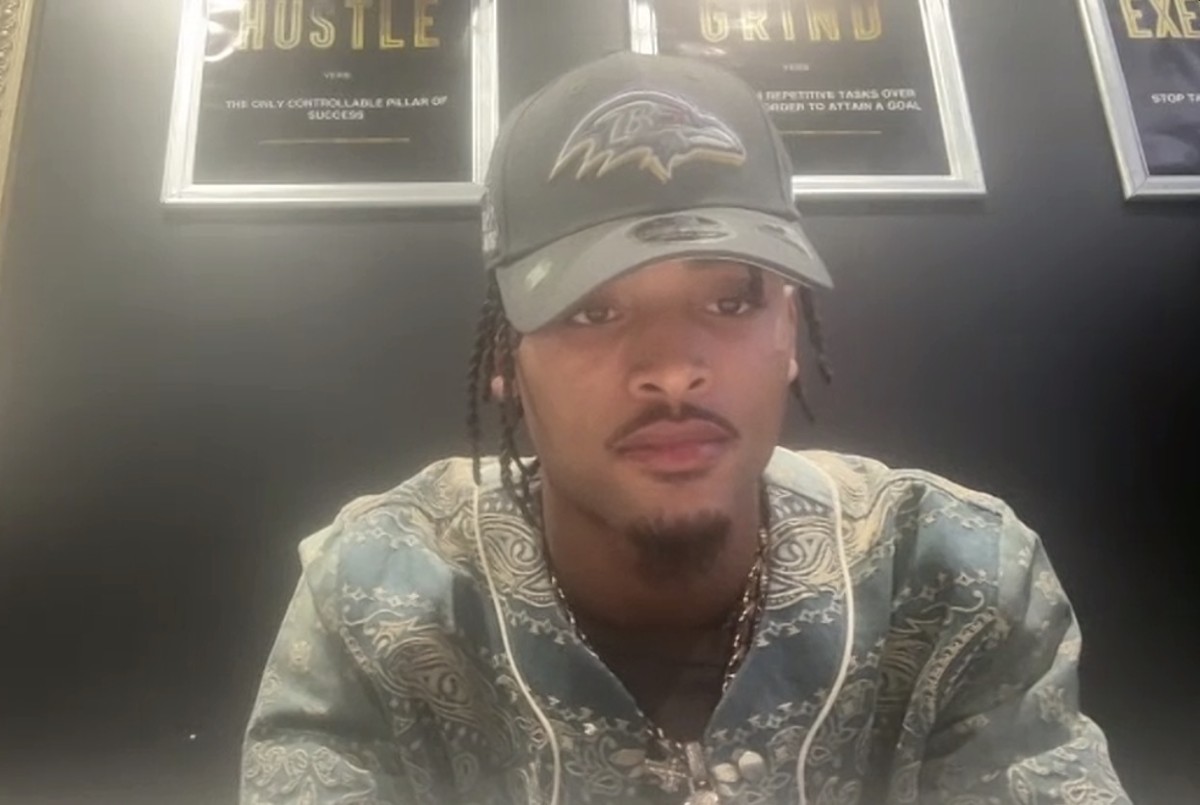down in what would be a bitter battle over the value of his franchise, its future’s viability and the legacy of what position he’d leave the Orioles in once he was gone and the team was still in Baltimore.
By and large, he thought of his baseball investment as a mostly losing proposition – on and off the field. The only real money was in the tax benefits and the value of the business growing. But what would a team in Washington, D.C. mean for the Orioles when it was already damned near impossible to win or make money while competing in the American League East against the super rich and powerful New York Yankees and Boston Red Sox?
The war began in 2003 when it became apparent that the Expos were going somewhere other than Montreal. And as the San Juan experiment faltered and the other obvious North American cities like Vancouver, Portland, Buffalo, Charlotte and several others had no bidders for a team, no appropriate stadia appeared in place and there was no true desire to pay the freight to have a Major League Baseball team.
Selig had talked of contraction five years earlier, with the Minnesota Twins and the Montreal Expos at the heart of it. Now, with the Expos brought in house as a MLB-owned “team for sale,” Washington, D.C. was the only city that openly bid for the team.
It was a one horse race.
A decade earlier municipalities in Phoenix, Denver, Miami and Tampa Bay came running with open checkbooks and civic plans around baseball – and it was easy to discount Washington, D.C. then because The Lords had other options with the expansion teams. Now, in 2004, no one want really wanted the Montreal Expos and Selig was peddling a team that he openly wanted and campaigned to simply dissolve just 18 months earlier.
While the Expos dangled, only Washington came forward to make noise in desiring the franchise. That sound was heard 38 miles up I-95 at the Law Offices of Peter G. Angelos and the Orioles’ Warehouse at Camden Yards.
The belts were tightened in early 2004 as John Angelos issued an inter-office memo that found its way to the media. All marketing money dried up after the Orioles threw more than $120 million at Miguel Tejada, Javy Lopez, Rafael Palmeiro and Sidney Ponson. But off the field, Angelos was bunkering down for a war with Selig and the MLB partners – in court or anywhere they’d want to have it.
Peter G. Angelos was going to make sure that Washington baseball didn’t ever exist.
* * *
THE WASHINGTON POST HAS ALWAYS HAD clout. When you break worldwide news stories and bring down all the President’s men, you earn the ability to strut and opine and manipulate. The newspaper had faithfully covered the Baltimore Orioles as one of its own for two decades, with beat writers and columnists travelling with the team and willfully going along with the entire Camden Yards machine that helped fund the improvement of the team on the field during that era of unprecedented prosperity.
Despite not having a team, Washington had been good to Major League Baseball and supportive of the Orioles. George Will and Larry King were always spotted around Camden Yards. Virtually every U.S. President of the modern era professed to be a baseball fan. And The Washington Post was relatively quiet in the years when outposts like Tampa, Denver and Phoenix were getting expansion teams while its market had to drive an hour to watch baseball in the quaint, homey outpost of “Ball-mer, hon.”
The newspaper’s lead baseball writer Thomas Boswell, who has been quoted throughout “The Peter Principles,” is among the more esteemed scribes of his generation – an industry expert and the first to courageously and accurately write about rampant steroid usage amidst attacks by virtually everyone in the sport in 1989. He covered the Orioles as his “home” team on a daily basis from Weaver through Mazzilli. He was considered a sage and a bit of a conscience and advocate for fans and keeping baseball honest.
During the modern era of Orioles under Angelos, the newspaper was used as a pawn in the petty media chess match whenever the offended owner was angry at The Sun, he’d plant a fresh story in The Washington Post. But by now the Washington baseball crowd and the media and the fans had grown as tired of Angelos’ antics as the Baltimore fans. Now ending the seventh straight season of awful Orioles baseball – and with the Expos up for grabs – the D.C. machine went to work in recruiting the sport and its own team to the nation’s capital and the newspaper led the charge with information and openly, pro-baseball campaigning while reporting all of the sport’s filthy little secrets and political machinations to keep its antitrust exemption.
Earlier, in 2001 and 2002, Northern Virginia telecom executive Bill Collins had been trying to negotiate to bring the Expos to the region but once the team fell into the hands of MLB, it was very clear they were looking to maximize the opportunity and “place” the team in a way that benefitted the league and the pockets of the 29 other owners. Former presidential aide to George H.W. Bush, Fred Malek, was also involved with a rival bidding group for the Expos on behalf of the D.C. area.
In January 2002, before the summer labor talks, Selig told reporters that “relocation is coming in the near future and … I’d have to say Washington is the prime candidate.” It was all hosed off in 2003 by the Expos playing games in Puerto Rico and MLB attempting to wrap its flag around the franchise and the potential of it becoming the “flagship team of Latin America” but that didn’t work economically in any sensible way.
There was interest in Puerto Rico but no money.
In September 2002, Mark Hyman of Business Week reported:
Only 37 miles separate Camden Yards, the Orioles’ downtown stadium, from Washington, and Angelos has spent most of the 10 years he has owned the club fending off the threat of new competition. The Orioles claim 25% of their fans hail from D.C. suburbs. ‘I don’t believe a franchise – any franchise – should be confronted with competition 25 miles away,’ says Angelos.
The business insider publication also hinted that Angelos was looking for an exit …








